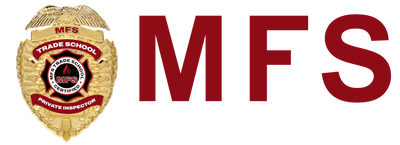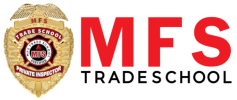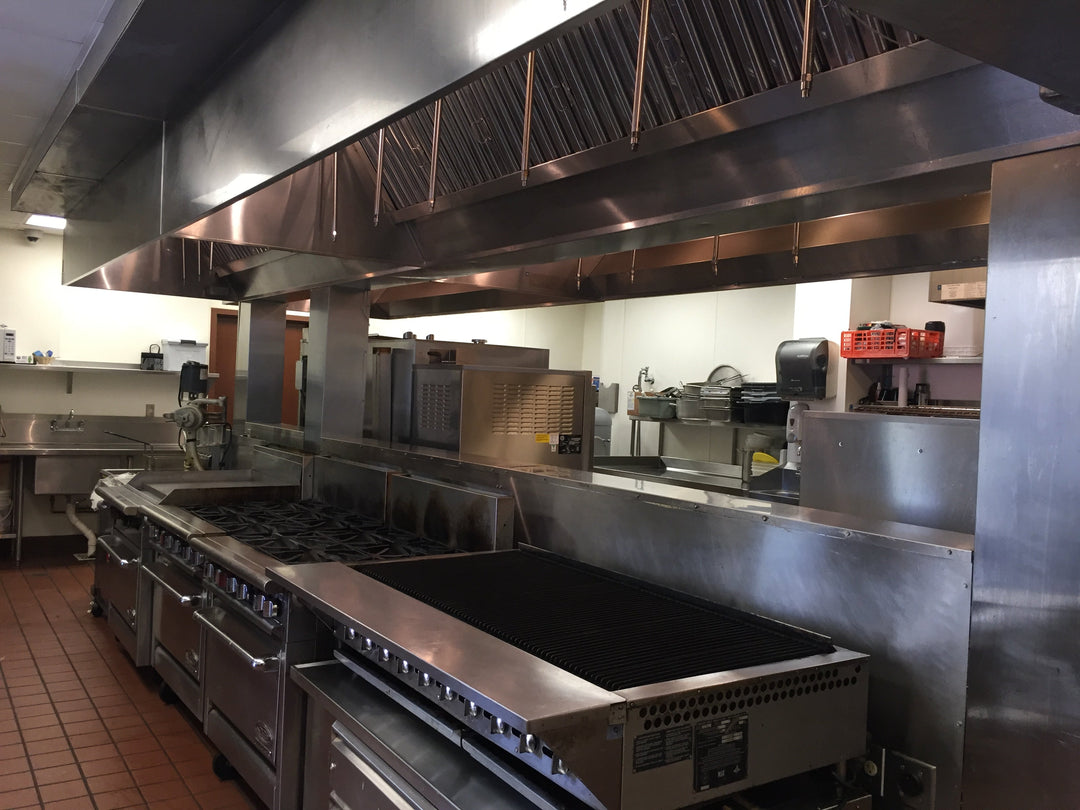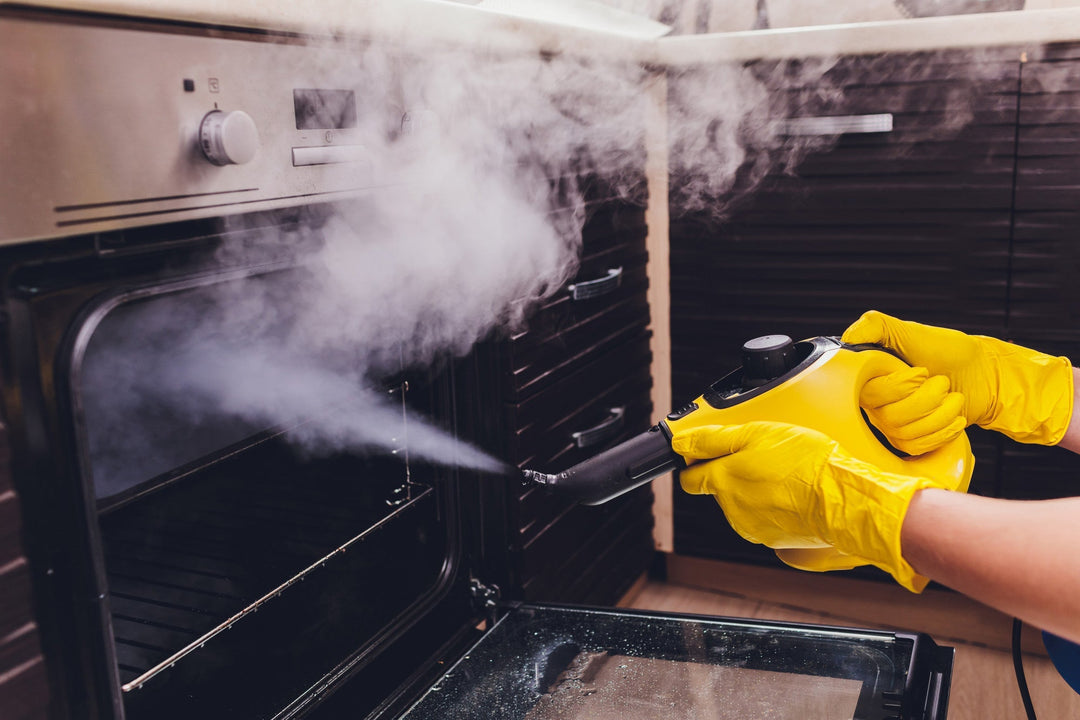Understanding Kitchen Exhaust Cleaning for Better Health Ratings
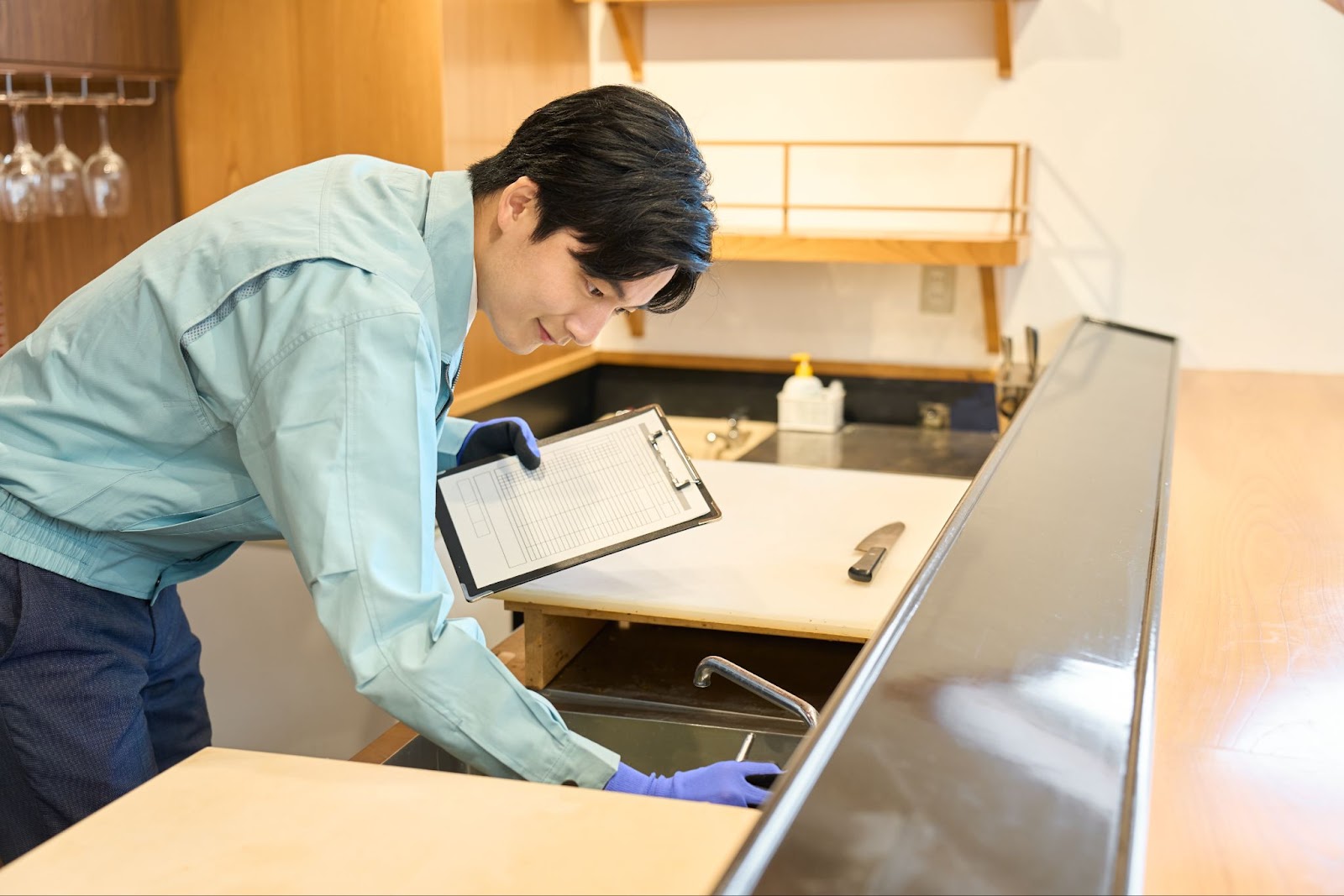
Maintaining a clean and safe kitchen environment is paramount for any commercial food service establishment. Health inspections play a crucial role in ensuring that restaurants adhere to strict hygiene standards and food safety regulations.
One critical aspect of a successful health inspection is the cleanliness and proper maintenance of the kitchen exhaust system. Neglecting this essential component can lead to serious consequences, including health code violations, reduced inspection scores, and potential risks to public safety.
In this article, we will explore the importance of kitchen exhaust cleaning in the context of health inspections and provide valuable insights for restaurant owners and managers looking to maintain a top-notch kitchen environment.
What is Kitchen Exhaust Cleaning?
Kitchen exhaust cleaning is a comprehensive process that involves thoroughly removing grease, grime, and other contaminants from the hood, filters, fans, and ductwork of a commercial kitchen's ventilation system. This meticulous cleaning is essential for maintaining a safe, healthy, and code-compliant kitchen environment.
Regular kitchen exhaust cleaning is not only a matter of cleanliness; it is also a critical safety measure. Accumulated grease and debris in the exhaust system can pose a significant fire hazard, putting the lives of staff and patrons at risk. By adhering to a consistent cleaning schedule, restaurant owners can greatly reduce the likelihood of dangerous and costly kitchen fires.
Professional kitchen exhaust hood cleaning training and certification courses, such as those offered at MFS Trade School, teach aspiring entrepreneurs and small business owners the proper techniques and best practices for effective cleaning, including the use of commercial kitchen ventilation systems by CaptiveAire.
The Role of Kitchen Exhaust Cleaning in Health Inspections
Health inspections ensure that commercial kitchens adhere to high standards of cleanliness and safety. For more information, you can check out FAQs about kitchen exhaust hood cleaning.
Properly maintained exhaust systems are essential—not just for preventing fire hazards but also for achieving optimal inspection outcomes. Implementing effective solutions to improve kitchen ventilation can further enhance the safety and efficiency of these systems.
Neglecting exhaust system maintenance can lead to significant issues. Grease accumulation within these systems poses serious risks, including potential health code violations and diminished inspection scores. This buildup can also affect the efficiency of the ventilation system, crucial for maintaining good air quality and minimizing airborne contaminants. Regular cleaning of hoods, filters, and ductwork is vital to prevent such problems and ensure adherence to health regulations.
Implementing robust kitchen exhaust cleaning protocols signals a restaurant's dedication to maintaining a safe, hygienic environment. By adhering to these practices, restaurants demonstrate their commitment to public health and food safety. This proactive stance not only safeguards the establishment against potential fines and penalties but also bolsters its reputation for excellence in the food service industry. A well-maintained exhaust system reflects a restaurant's focus on operational integrity and customer well-being.
Benefits of Regular Kitchen Exhaust Cleaning
Fire Prevention
In commercial kitchens, the risk of fire can be significantly reduced by ensuring that the exhaust system is free from grease buildup. Grease acts as a fuel source, and its accumulation within hoods, ducts, and fans elevates the potential for fire hazards. Regular cleaning is essential to mitigate these risks, preventing the ignition of grease deposits and safeguarding both the physical premises and the people within. Implementing a systematic cleaning routine allows kitchen operators to maintain safety standards and avert the financial and operational disruptions caused by fire incidents. You can also explore our hands-on training program for kitchen exhaust hood cleaning to learn more.
Improved Air Quality
Maintaining clean exhaust systems is crucial in promoting a healthy indoor environment, and innovative kitchen ventilation solutions by Vent-A-Hood® can help ensure optimal air quality and system performance. By effectively extracting smoke, odors, and grease-laden vapors, a well-maintained system ensures that the kitchen remains fresh and breathable. This enhancement of air quality not only benefits the kitchen staff but also contributes to a more pleasant dining experience for customers. Superior air circulation and filtration are key to minimizing health risks and ensuring compliance with stringent air quality standards set by health authorities.
Compliance with Health Regulations
Adhering to cleaning schedules for kitchen exhaust systems is a proactive measure in line with health regulations. Routine maintenance is not merely a recommendation; it is a critical element in meeting local health codes and preventing violations. Achieving certification for kitchen hood cleaning reflects a restaurant's commitment to operational excellence and public safety. This diligence assures health inspectors of a restaurant's adherence to regulations, thus fostering trust and upholding the restaurant's reputation in the industry.
Frequency of Kitchen Exhaust Cleaning
Determining the appropriate frequency for kitchen exhaust cleaning is essential for maintaining a safe and efficient commercial kitchen. The cleaning schedule must be tailored to the specific operational demands of each kitchen, which vary based on the type and intensity of cooking activities. By aligning cleaning routines with these demands, kitchens can optimize their safety protocols and ventilation performance. Additionally, tips for improving kitchen ventilation by Panasonic Green Living can provide practical guidance for maintaining cleaner, healthier air.
High-Volume Kitchens
In kitchens where operations are intensive, such as those with extended hours or focused on high-temperature cooking techniques, maintaining a clean exhaust system is crucial. For these high-volume settings, a quarterly cleaning schedule is recommended. Restaurant owners can benefit from our hands-on course for restaurant cleaning business owners to learn advanced cleaning techniques.
Moderate and Low-Volume Kitchens
Establishments with moderate cooking activities, typically involving standard service hours and diverse menus, benefit from a semi-annual cleaning schedule. This approach balances the need for maintenance with the operational realities of the kitchen. In contrast, kitchens with lower cooking volumes, such as those in community settings or operating seasonally, may find annual cleaning sufficient. This schedule maintains the necessary cleanliness without overburdening operations, ensuring a safe environment without excessive intervention.
Solid Fuel Operations
Kitchens employing solid fuel methods—such as wood-fired or charcoal cooking—face unique challenges due to the higher production of particulates and residues. Monthly inspections and cleanings are essential for these operations, as the nature of solid fuel cooking demands more frequent attention to the exhaust system. By adhering to this schedule, kitchens can effectively manage the unique risks associated with their cooking methods, ensuring safety and operational compliance.
Partnering with Professional Kitchen Exhaust Cleaners
Securing the services of expert kitchen exhaust cleaners offers distinct advantages for commercial kitchens striving to maintain optimal operational standards. These professionals apply their extensive training and specialized skill sets to ensure that each element of the exhaust system is serviced with precision. Their deep familiarity with the latest health codes and industry guidelines allows them to deliver a comprehensive cleaning service that not only addresses immediate cleanliness needs but also anticipates regulatory compliance requirements.
The use of cutting-edge equipment and industry-specific methods is a hallmark of professional cleaners. They employ advanced technologies and cleaning solutions specifically designed to tackle the unique challenges of commercial kitchen environments. By leveraging high-efficiency cleaning tools, such as powerful vacuums and specialized degreasers, these experts effectively remove even the most entrenched residues, thus enhancing system efficiency and reducing environmental hazards. This thorough approach supports the maintenance of a pristine kitchen environment, essential for meeting stringent air quality and safety standards.
Collaborating with a seasoned cleaning company enables restaurant operators to craft a bespoke maintenance schedule that respects the unique demands of their cooking activities. If you have questions, feel free to contact MFS Trade School for more information.
By prioritizing kitchen exhaust cleaning and partnering with professional cleaners, you can ensure a safe, healthy, and compliant kitchen environment that consistently meets the highest standards of cleanliness and safety. Investing in proper maintenance not only helps you achieve better health inspection ratings but also demonstrates your commitment to the well-being of your staff and customers. If you're looking to start or grow your own cleaning business, we invite you to explore our training and certification courses designed to equip you with the skills and knowledge needed to succeed in this essential industry.
